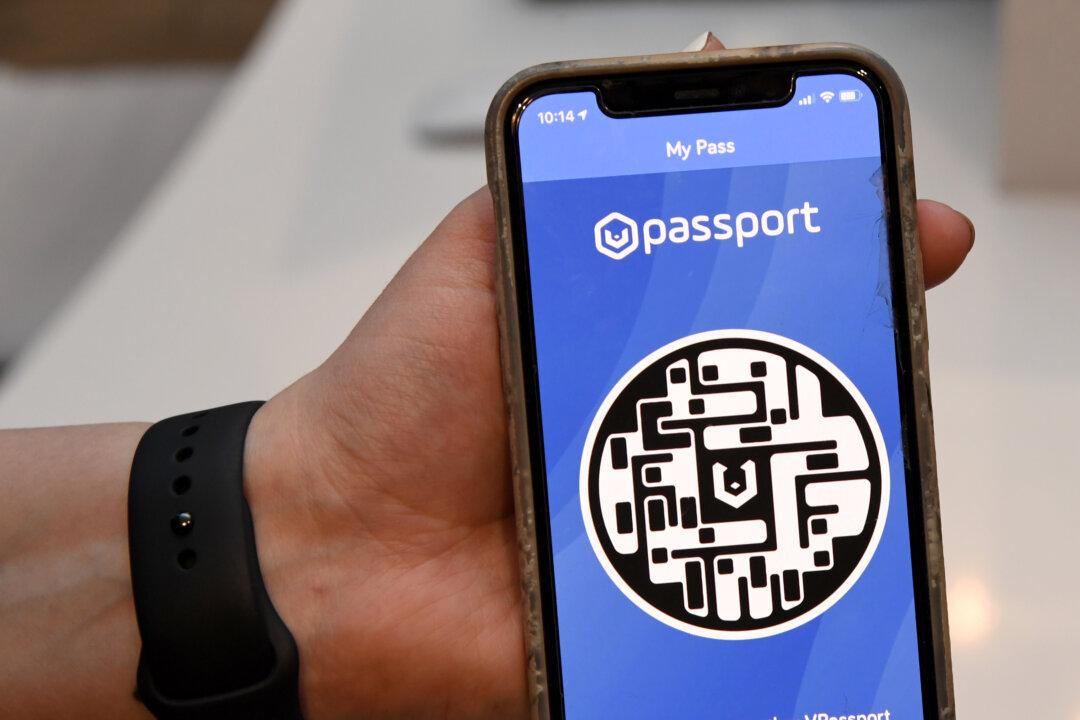The Pennsylvania state House approved a bill on June 23 that would prevent government agencies and state-funded colleges and universities from requiring COVID-19 vaccine passports. The legislation would also limit the power of health authorities during pandemics.
The measure, SB 618 (pdf), passed along party lines by a 112-89 vote, and now awaits the Senate’s concurrence on House amendments added to the bill. The Rules and Executive Nominations Committee of the Senate approved the amended bill on June 24.





